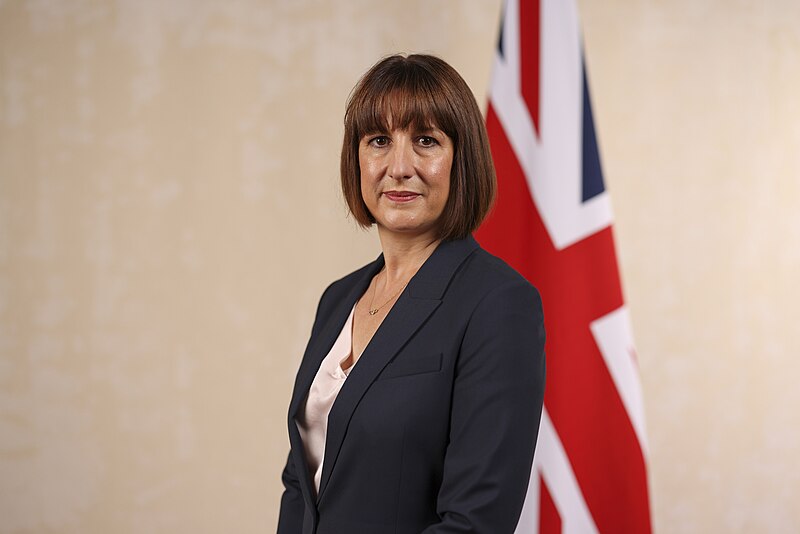
Chancellor Rachel Reeves is expected to increase taxes in the upcoming autumn budget as she faces mounting pressure to close a £51 billion gap in the nation’s finances, a leading economic
think tank has warned.
The National Institute of Economic and Social Research (NIESR) said weaker economic growth, policy reversals on welfare cuts, and higher-than-forecast government borrowing have combined to put Reeves on course to breach one of her key fiscal rules by £41.2 billion in 2029-30.
According to NIESR, Reeves is now grappling with an “impossible trilemma”: balancing her fiscal rules, honouring spending commitments, and sticking to her election promise not to raise taxes. Experts suggest it will be difficult, if not impossible, to achieve all three.
In addition to the projected fiscal gap, NIESR highlighted the need to rebuild a nearly £10 billion fiscal buffer that has been depleted, pushing the total challenge Reeves faces to over £51 billion.
In its latest economic outlook, the think tank warned that Reeves will likely have no choice but to reconsider her tax pledge. To address the shortfall, she may need to implement “moderate but sustained” tax increases or consider spending cuts, despite political sensitivities. Photo by Lauren Hurley / No 10 Downing Street, Wikimedia commons.




































